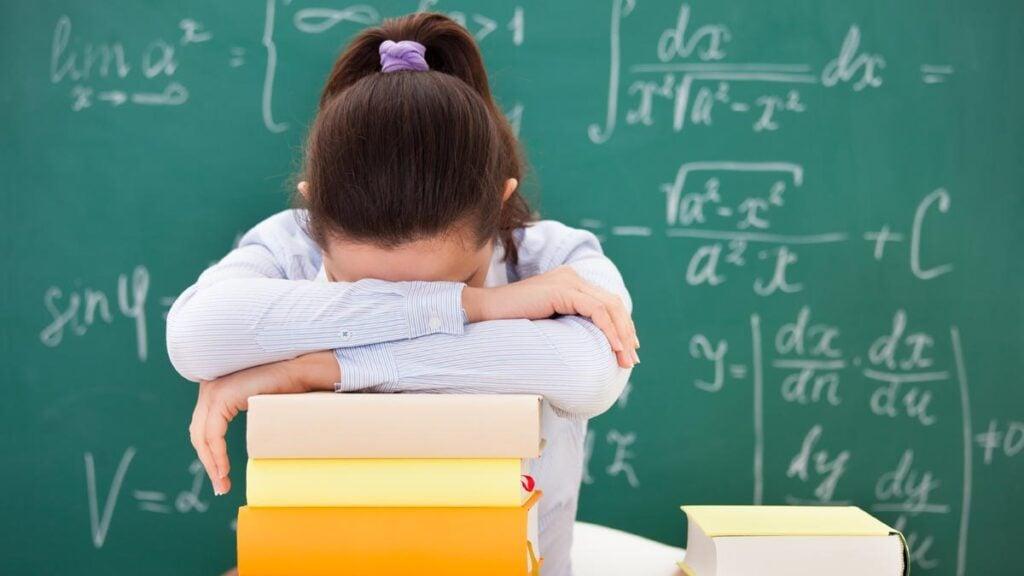Africa-Press – South-Africa. In 2001, South Africa spent R52.8 billion on education. By 2024, this figure had ballooned to R324.5 billion. Despite this big increase, education standards declined over the same period.
Daily Investor analysed South Africa’s allocation to education in its annual budget and looked at the performance of its learners on the international stage.
In 2001, South Africa spent R52.8 billion on education and had 354,201 public school primary and secondary teachers.
Around 88% of basic education expenditure was allocated to the compensation of public school educators, translating into R131,104 per teacher.
In 2024, South Africa spent R324.5 billion on education and had 412,638 public school primary and secondary teachers.
Only 75% of the budget landed in the pockets of public school teachers, translating into R586,228 per teacher.
What is striking is the growing amount of money spent on non-teacher-related expenditure items.
In 2001, the government spent R6.8 billion on non-teacher-related items. In 2024, this amount increased to R82.5 billion.
This means that the money spent on teachers in South Africa increased by 347% between 2001 and 2024.
In comparison, the money spent on other things, outside of teacher compensation, increased by 1,113%.
The chart below shows the growing gap between South Africa’s total budget and the money spent on teacher compensation.
South Africa’s education is poor despite budget increases
Despite the much higher budget and a big increase in teacher salaries, the quality of South Africa’s education decreased.
The most recent Progress in International Reading Literacy Study (PIRLS) showed that 81% of South African Grade 4 learners cannot read for meaning, up from 78% in 2016.
South Africa was ranked last out of the 43 countries included in the study and experienced the largest decline of all participating countries.
South African learners also finished last in the 2023 Trends in International Mathematics and Science Study (TIMSS), even though they competed against much younger children.
Just under 60 countries participated in TIMSS 2023 in the fourth grade. Despite assessing older and more experienced learners in South Africa, the country finished last.
Most countries’ scores fell within the range of 400 to 600 points. Singapore topped the mathematics scores with 615, followed by Chinese Taipei with 607.
South Africa was last with a score of 362, well below the second-lowest country, Kuwait, which scored 382. It was also well below the international average of 503.
The country fares even worse in science. It scored only 308, well below the second-last-placed Kuwait at 373. Again, it was far below the average of 494.
In science, most countries’ scores also fell within 400 to 600 points, and Singapore topped the list again with 607.
It is important to reiterate that South Africa finished last in both mathematics and science despite local students with one more year of schooling being assessed.
For More News And Analysis About South-Africa Follow Africa-Press






